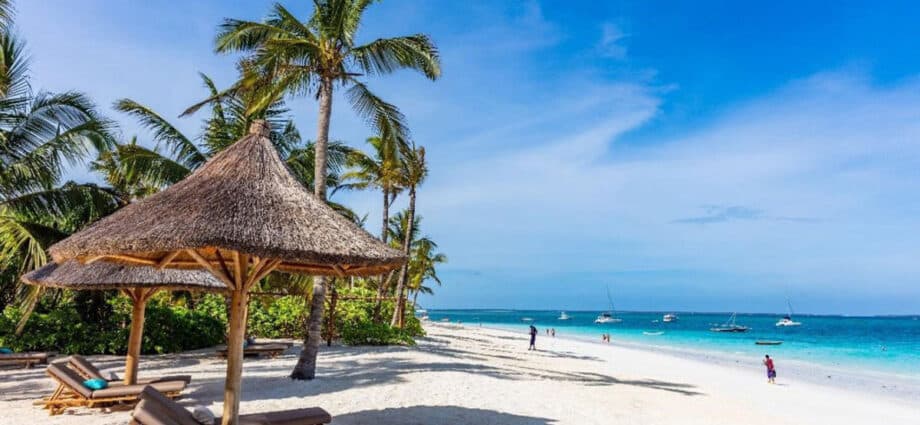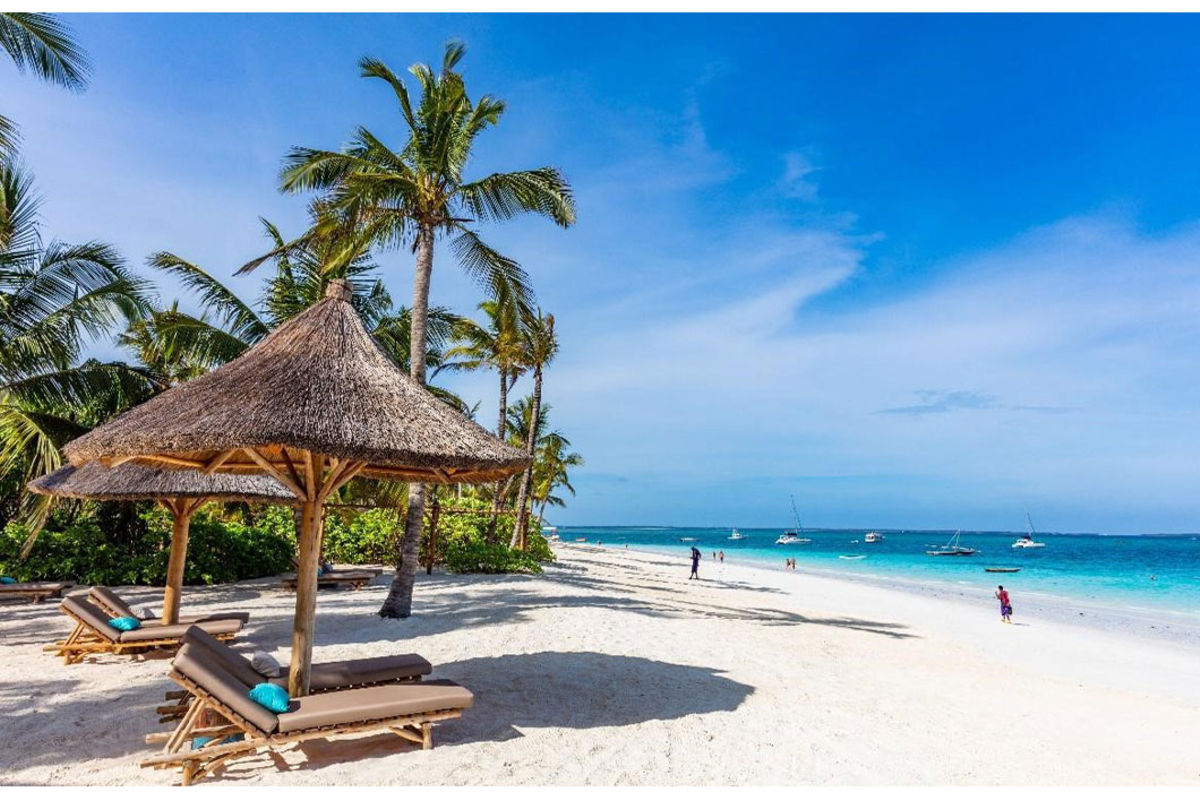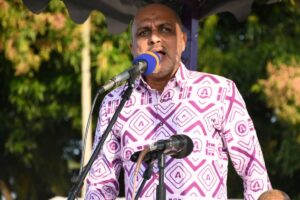Zanzibar. While 60.6 percent of tourism activities in Zanzibar are reported to be conducted by foreigners, the government has stated that if locals do not change, they will continue to complain about these positions being occupied by people from outside the country.
This was highlighted by the Chief Secretary of the Revolutionary Government of Zanzibar, Zena Said, on August 28, 2024, during the opening of a seminar for permanent secretaries and other stakeholders in the tourism chain about sustainable tourism.
She said it is necessary to consider the needs of the sector and to prepare young people to meet these needs.
“These attitudes we have, where we shuttle people from one place to another, can have serious consequences. Tourists complain, and if the hotel owner feels they’re losing clients because you’re taking them elsewhere, they won’t hesitate to fire you,” Zena said, adding:
“So we must understand what is required, and then we must start to change. If we do not change, we will always complain, and we (the government) cannot force employers to hire unqualified people. So we should accept the standards and meet them so we can be employed, and in the end, we will be considered as Zanzibari residents.”
Zena emphasized that addressing this issue is not solely the government’s responsibility; it also requires the youth to be willing to work and to develop the skills and qualifications needed in a sector that demands exceptional levels of hospitality.
Sustainable Tourism
Regarding sustainable tourism, Zena said the expectation is that the tourism sector to continue to contribute significantly to the national economy but without harming the environment, culture, and customs of the country.
She said while promoting and advocating for tourism, it is crucial to do so in a sustainable manner that does not affect social and environmental issues.
“We must see if the efforts we are making are leading us towards that kind of tourism and what the country’s direction should be in investing in the tourism sector,” she said.
She mentioned that they have agreed on actions to take because they want to protect the environment, customs, and traditions of the area while ensuring that tourism brings significant economic benefits and becomes a part of advising ministries and the President on what to do about sustainable tourism.
She added that the government has numerous plans to diversify tourism beyond beach attractions, including building conference halls and expanding the health sector to attract visitors seeking medical treatment.
“We aim to boost national income through conference and exhibition tourism, but as we pursue this, it’s crucial that we don’t focus solely on economic gains at the expense of social and environmental well-being,” she said.
She noted that while a country might not fully meet the criteria for sustainable tourism, having hotels that do can still enable the country to obtain a sustainable tourism certification.
Discussing the challenges facing the tourism sector, the Permanent Secretary of the Ministry of Trade and Industrial Development, Fatma Mbarouk Khamis, highlighted several pressing issues one of the most significant challenges being the fact that 60.6 percent of all tourism activities in Zanzibar are conducted by foreigners.
This, she said, raises concerns about the local industry’s ability to fully benefit from the sector’s growth.
Khamis also pointed out that 80 percent of the waste generated in Zanzibar is attributed to the tourism sector.
While this presents environmental challenges, she emphasized that it also offers a unique opportunity to develop waste recycling initiatives that could lead to the production of new products, turning a problem into a potential economic benefit.
Moreover, Khamis expressed concern over the deterioration of cultural values and the lack of effective communication between the private sector and the government, noting that “there is no good system between the private sector and the government, as they do not speak the same language.”
She cited the example of dolphin-watching tours, where “there are many boats going to see dolphin tourism, so there is no good system, and this is causing disruption in that area,” highlighting the need for better regulation.
The Permanent Secretary in the Ministry of Tourism and Antiquities, Dr Aboud Jumbe, added that the concept of sustainable tourism is gaining importance globally, with research indicating that 80 percent of tourists now prefer eco-friendly travel options.
To capitalize on this trend, he stressed the importance of aligning Zanzibar’s tourism strategies with sustainable practices to continue attracting visitors.
He also noted that a one-day seminar held for administrators and policy-makers would play a crucial role in integrating sustainable tourism into government plans.
“This will help to align government priorities with our tourism, so various programs will be added, and it will help in preparing inclusive policies,” he said.















